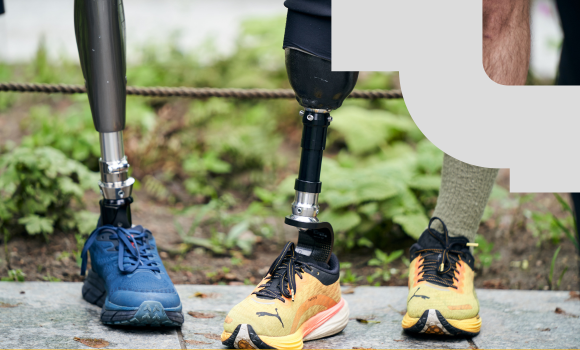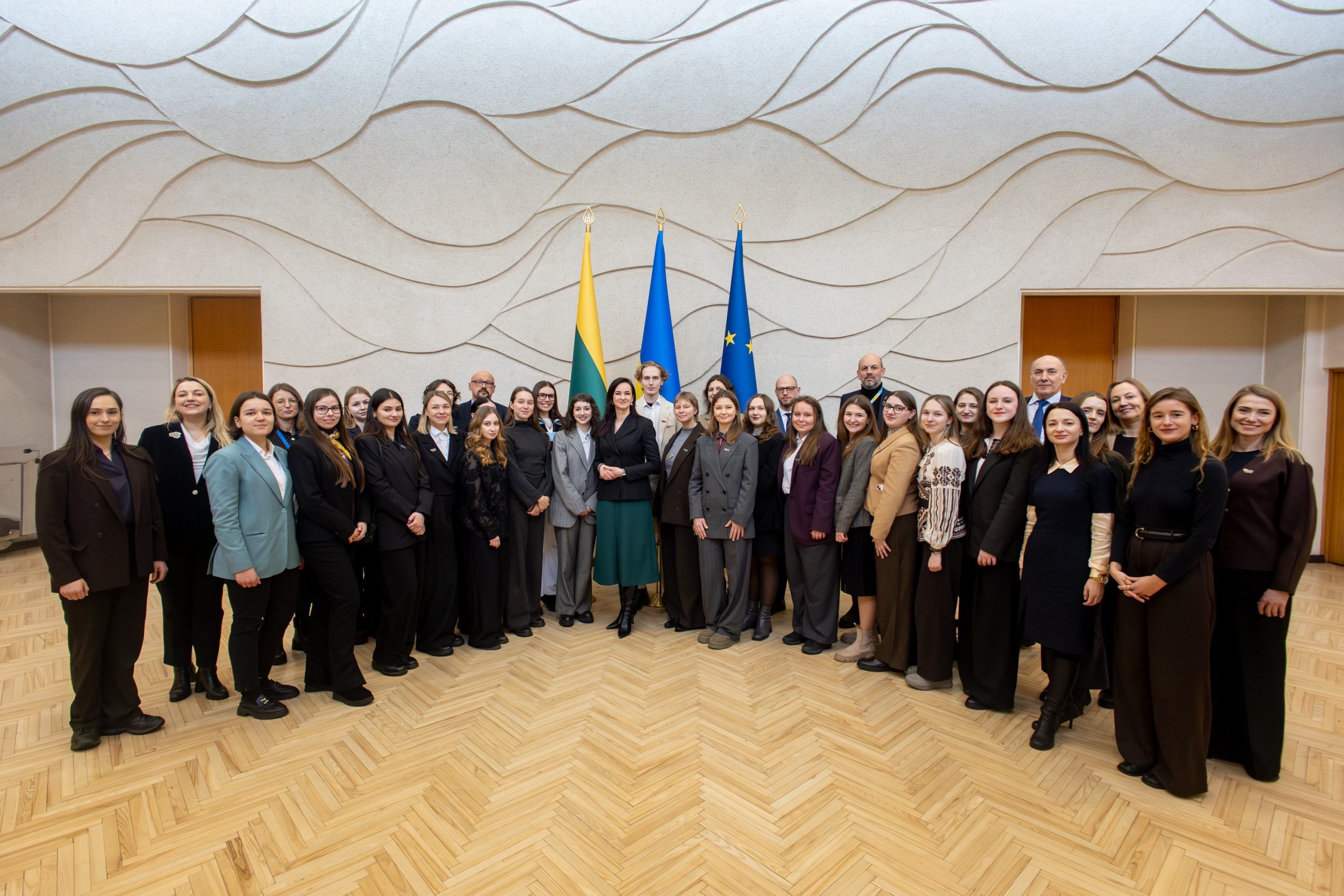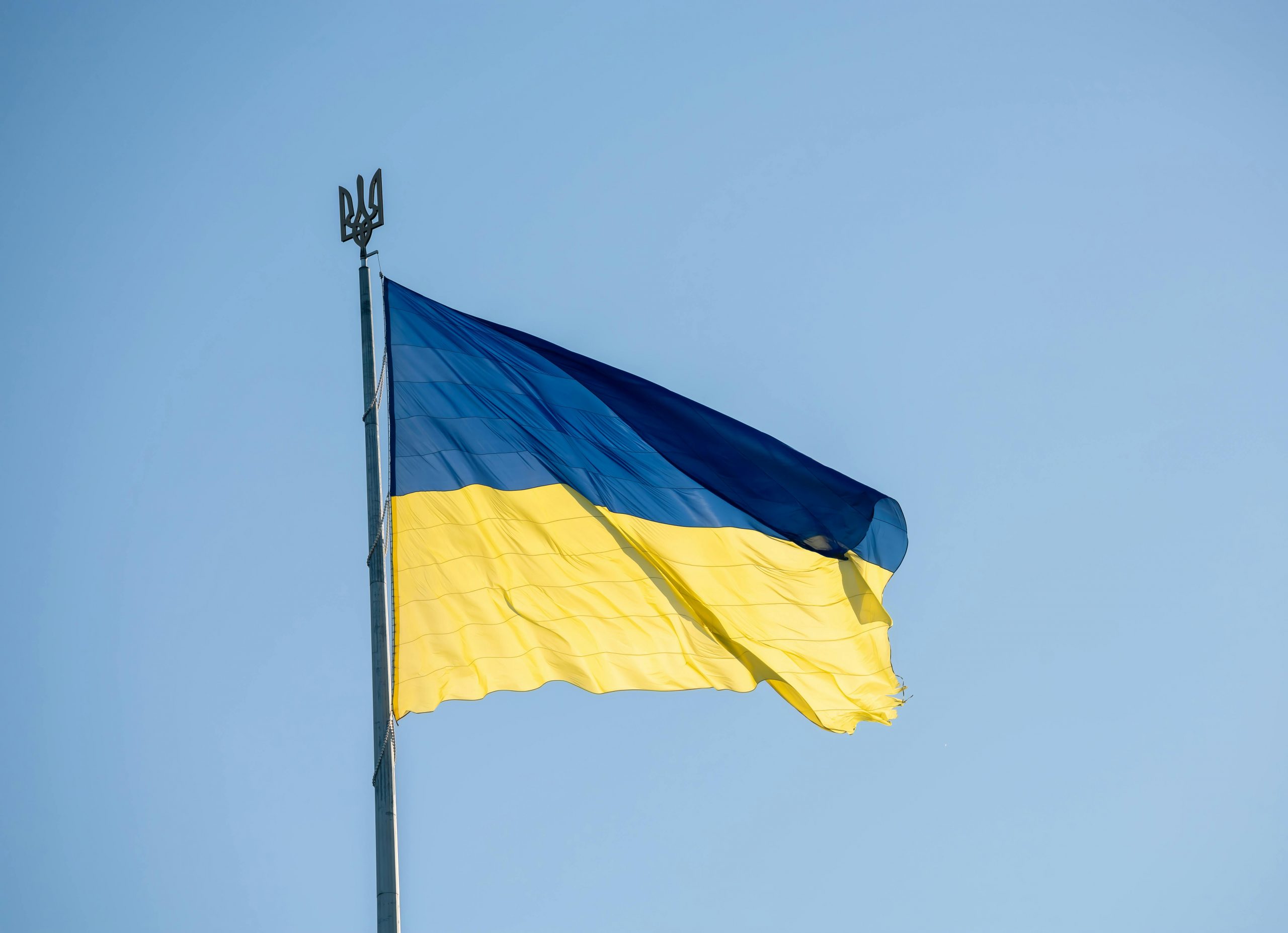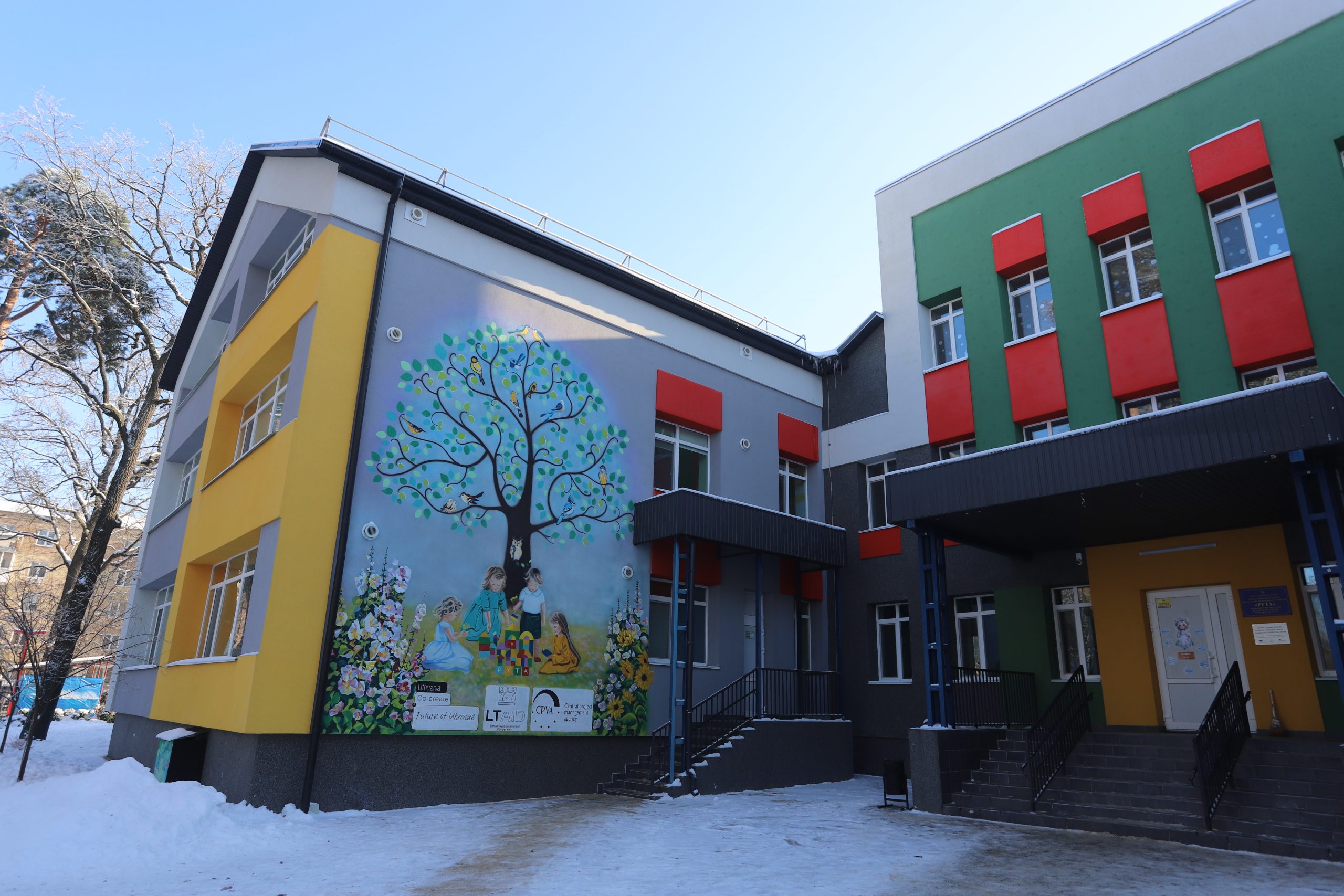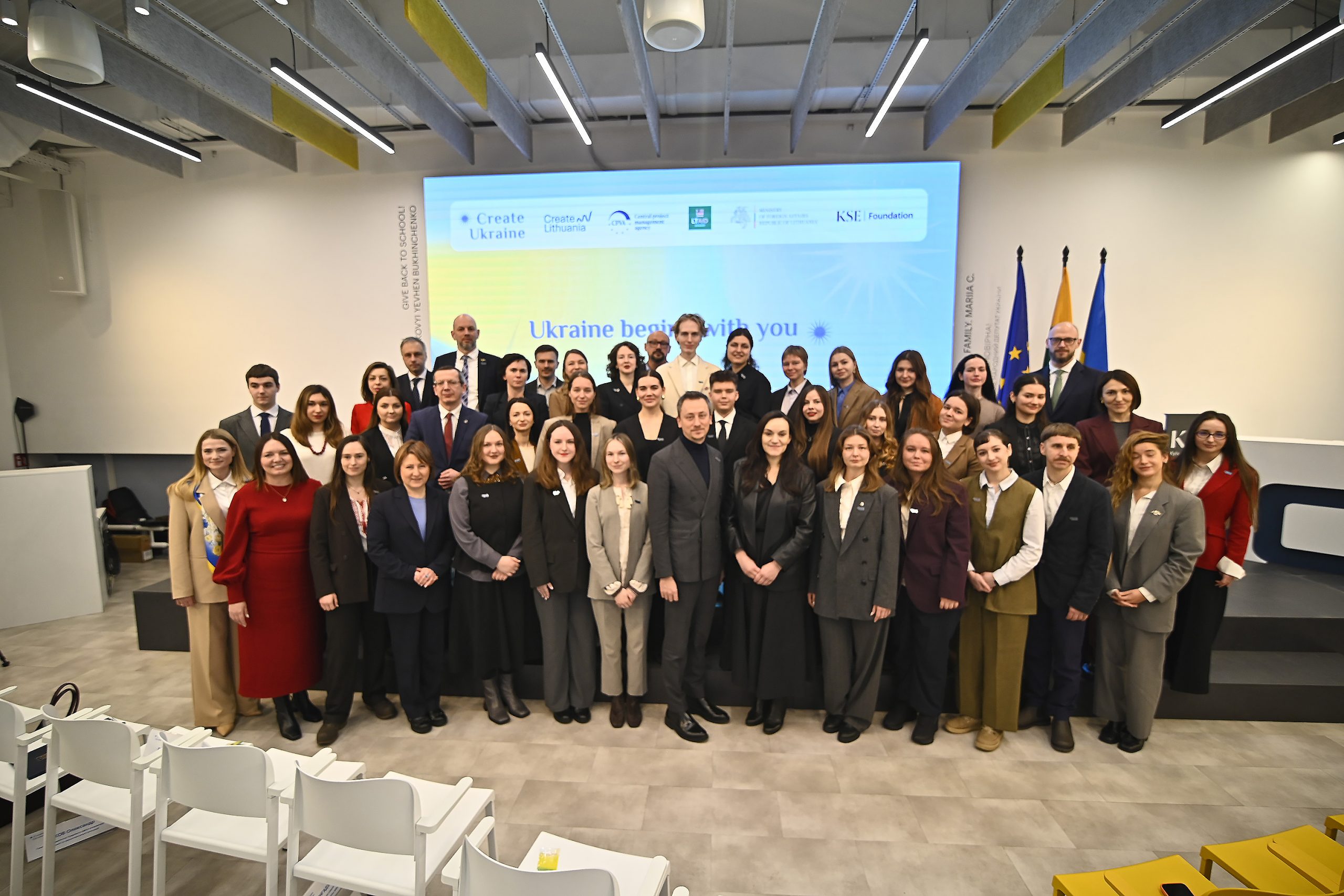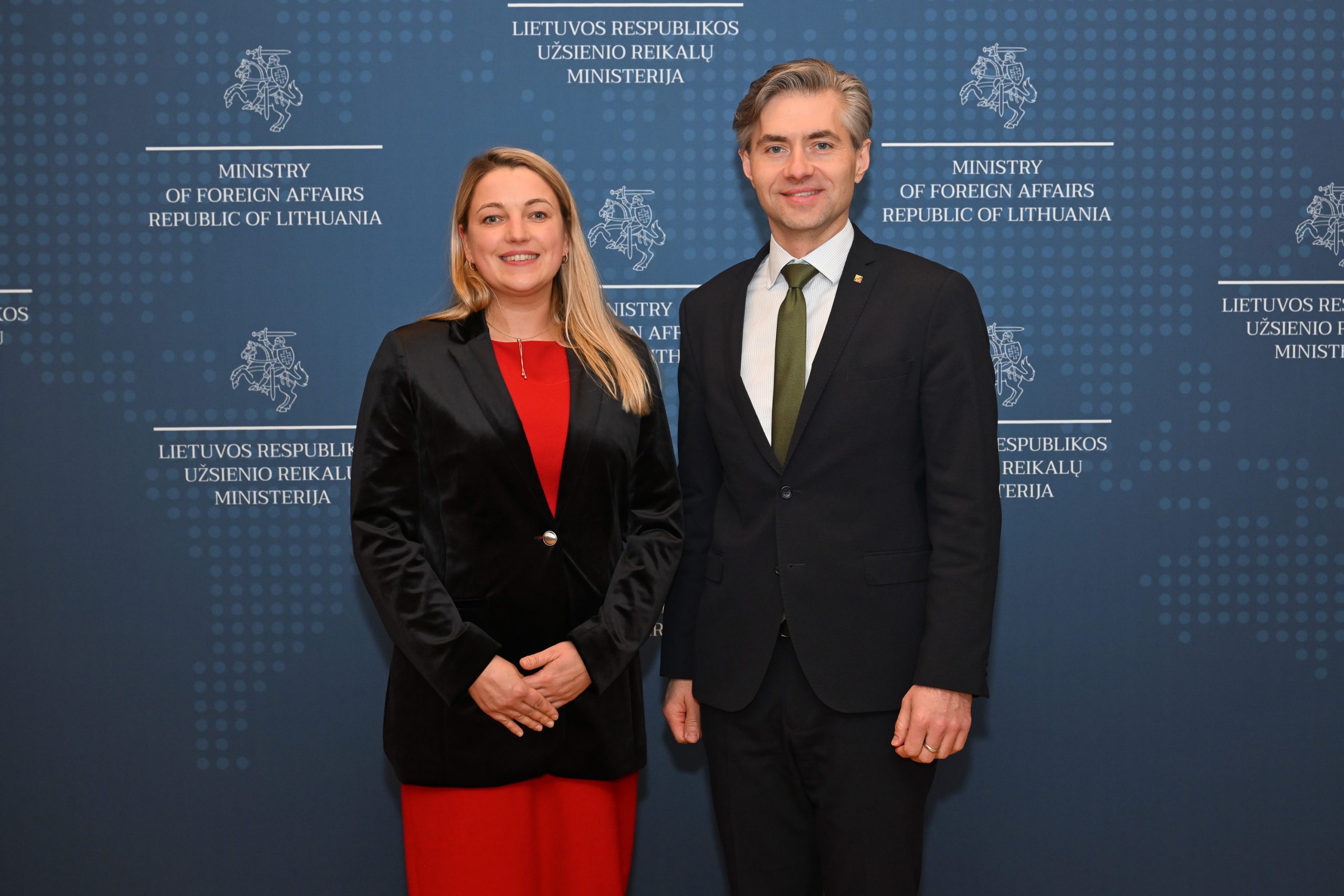Supporting Ukraine today means standing not only with soldiers on the front lines, but also with those who, due to severe injuries, can no longer serve. Many veterans are now navigating the difficult journey back to civilian life — returning to work, reconnecting with their families, and rejoining their communities. This process demands more than physical recovery; it requires emotional healing, social reintegration, and the opportunity to rebuild with dignity. Lithuania is stepping forward to help make that possible.
To mark the 10th anniversary of the Sustainable Development Agenda, the Central Project Management Agency (CPVA) is sharing stories of change to highlight how Lithuanian knowledge and expertise contribute to positive change around the world—and to remind that lasting global change is only possible when we work together.
Over the past year, CPVA has been implementing a Rehabilitation and Reintegration of Wounded and War Victims in Ukraine programme.
“This is one way Lithuania is repaying its debt to those defending not only their own country but also our shared freedom. Every Ukrainian defender deserves not just respect, but real support and proper conditions for recovery,”
says Lina Janionytė, Group Leader at CPVA’s Ukraine and Peace Investment Unit, who coordinates this programme.
The programme focuses on modernising three key rehabilitation centres in Lviv, Dnipro, and Zhytomyr. In Lviv, the Unbroken centre is already under reconstruction. In Dnipro, located within a university hospital, the design phase has been completed, and construction will soon begin. In Zhytomyr, the project is more complex — transforming a former monastery into a state-of-the-art rehabilitation facility. All three centres are expected to reopen next year.
One of the main challenges, Janionytė notes, is ensuring consistent quality of care nationwide.
“At the moment, the level of support often depends on geography — some people receive better services simply because of where they end up. That’s not fair. We chose three centres that differ in both ownership and location so we can develop and test a model that can be scaled across the country. Our goal is for every Ukrainian, wherever they live, to have access to the same high-quality rehabilitation services,” explains Janionytė.
Rehabilitation Beyond Medicine
Ukraine’s rehabilitation system, virtually non-existent until 2019, is still in its early stages. The war has greatly increased the demand for specialists, creating urgent shortages.
In this programme, rehabilitation is understood in the broadest sense — from medical treatment and physical recovery to psychological support and social reintegration. Janionytė stresses the importance of starting this process from day one.
“Helping someone walk again is important but so is helping them register at an employment centre, shop for groceries, or connect with peers. Social reintegration must begin the moment a person enters the centre, so that by the time they leave, they are truly ready to return to life,” says Janionytė, who has been working on Ukraine’s reconstruction projects since the start of the full-scale invasion.
Training is another key part of the programme. Ukrainian rehabilitation specialists are taking part in professional development both locally and in Lithuania, learning from national and international best practices. At the same time, the programme is helping centres improve their operational efficiency — refining processes, optimising resources, and ultimately reaching more people.
From the Battlefield to Leadership?
War can change a life overnight. As Janionytė puts it, one day a person may be a student, teacher, or bartender — the next, they are on the battlefield defending their country. Later, they may return home as a veteran, possibly missing a limb or carrying deep psychological wounds.
“But when you ask them how they’re doing, many will simply say, ‘I’m fine, just waiting for my leg.’ These are incredibly strong people,” she says.
Supporting veterans is not only about personal recovery — it’s also a vital part of rebuilding Ukraine itself. According to Janionytė, many of these veterans could become the country’s next leaders in politics, civil society, or local communities.
“These are people with military experience, leadership skills, strength, and determination. That’s why it’s crucial they feel valued and have the opportunities to contribute, rather than be left behind or forgotten,” she adds.
This rehabilitation and reintegration programme will run for three years. It is funded by Lithuania’s Development Cooperation and Humanitarian Aid Fund, which has allocated 15 million euros to the initiative. Of that amount, five million euros are provided by the Lithuanian Ministry of National Defence. The programme is being implemented by the Central Project Management Agency (CPVA).
